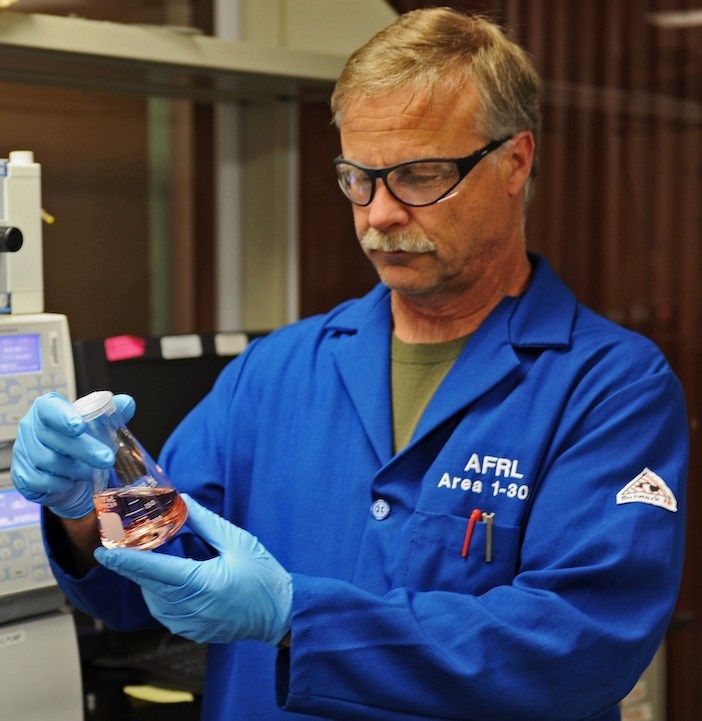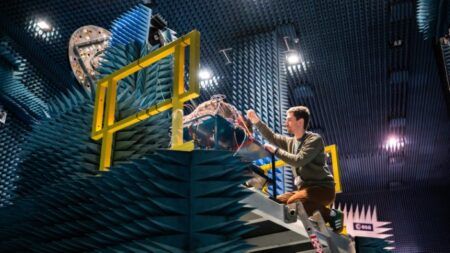A new fuel for satellites is being tested in orbit after a SpaceX Falcon Heavy rocket launched a test spacecraft from Florida, USA this week.
The mission will demonstrate the capabilities of ASCENT (Advanced Spacecraft Energetic Non-toxic Propellant), a hydroxyl ammonium nitrate fuel and oxidizer monopropellant developed by the US Air Force Research Laboratory (AFRL).
The NASA test is being conducted aboard the Green Propellant Infusion Mission (GPIM) spacecraft, which has been developed by US spacecraft and payload developer Ball Aerospace.
Space demonstration of the new propellant is a major milestone in the effort to develop new energetic propellants to replace hydrazine, the chemical propellant used by nearly all existing satellites.
According to the AFRL, ASCENT is performs 50% better than hydrazine and is safer to handle. While hydrazine is flammable, toxic and requires the use of Self Contained Atmospheric Protective Ensemble (SCAPE) suits for handling operations, ASCENT requires minimal personal protective equipment such as a lab coat and a splash guard for the face.
Shawn Phillips, chief of AFRL’s Rocket Propulsion Division said, “The demonstration of a revolutionary green propellant for spacecraft propulsion is critical as we move toward space operations being the new normal.”
ASCENT was previously known as AF-M315E. ASCENT and the propulsion system used by the GPIM spacecraft for testing ASCENT has the AFRL 20 years and US$30 million to develop.
The GPIM mission aims to demonstrate the maturity of the technology for use on both commercial and defense satellites.
Makenzie Lystrup, vice president and general manager, Civil Space, Ball Aerospace “GPIM has the potential to inspire new ideas and new missions, which could mean smaller spacecraft, faster and easier ground processing, longer design lives and more.”
Ball Aerospace is responsible for system engineering; flight thruster performance verification; ground and flight data review; spacecraft bus; assembly, integration and test; and launch and flight support of GPIM.





